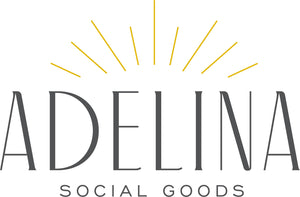PARTY PEOPLE REWARDS
- Choosing a selection results in a full page refresh.
PARTY PEOPLE REWARDS
Thanks for subscribing!
This email has been registered!
Redeem your points for discounts
Welcome Reward
Use this discount code on your next order!
Add your email to claim discount.
Create an account to claim discount.
